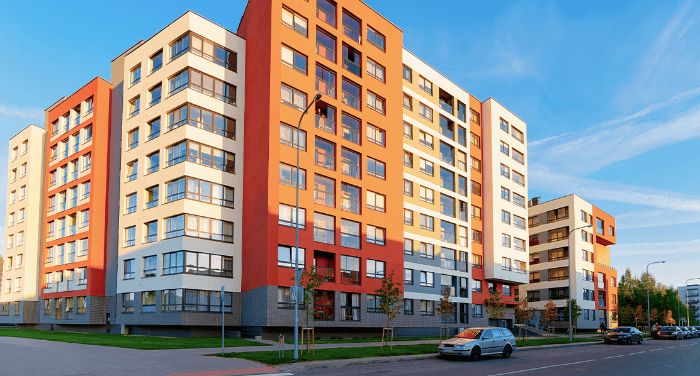Enhancing Multi-Dwelling Unit Internet Protection Through the Tactical Implementation of VPNs
Enhancing Multi-Dwelling Unit Internet Protection Through the Tactical Implementation of VPNs
Blog Article

In today’s online landscape, ensuring the security of online links is crucial, particularly in Multi-Dwelling Units (MDUs) such as flat buildings and condominiums . Tenants in these communal spaces often connect to the same network, which can render them vulnerable to online threats. One efficient way to improve internet security in MDUs is through the strategic deployment of Virtualized Private Networks (VPNs). VPNs create a protected link over the internet, allowing users to safeguard their private information and maintain privacy while browsing.
A VPN functions by coding the information that travels between a client’s device and the web. This means that even if someone tries to capture the information, they will not be able to access it. For residents in MDUs, using a VPN can considerably diminish the threat of data breaches and illicit access to personal data. By coding their internet traffic, users can browse the internet, watch content, and interact online without concern about hackers or other malicious actors. This extra level of security is especially crucial in environments where many people utilize the identical internet connection.
In safeguarding private information, VPNs can also help tenants access material that may be limited in their region. Many streaming platforms and sites limit entry based on geographic location. By using a VPN, individuals can link to nodes in different countries, enabling them to overcome these restrictions and enjoy a broader range of online material. This aspect can be particularly attractive to inhabitants who wish to access international information, media, or educational materials that may not be accessible in their area.
Implementing VPNs in MDUs can also cultivate a sense of community and confidence among tenants. When all in a building employs a VPN, it establishes a more secure setting for exchanging information and assets. Inhabitants can feel more at ease utilizing shared connections for tasks like digital finance or shopping, knowing that their data is protected. Additionally, building administrators can encourage the adoption of VPNs as part of their comprehensive safety strategy, aiding to establish a more secure residential space for everyone.
To conclude, the strategic implementation of VPNs in Multi-Dwelling Units is an effective way to enhance online safety for residents. By coding data, providing access to restricted content, and cultivating a sense of community, VPNs provide numerous advantages that can improve the online interaction for all. As online threats persist to develop, it is essential for inhabitants and property administrators to prioritize visit the site online security and evaluate the benefits that VPNs can provide. Adopting this technology can result to a more secure, more connected residential environment for all.